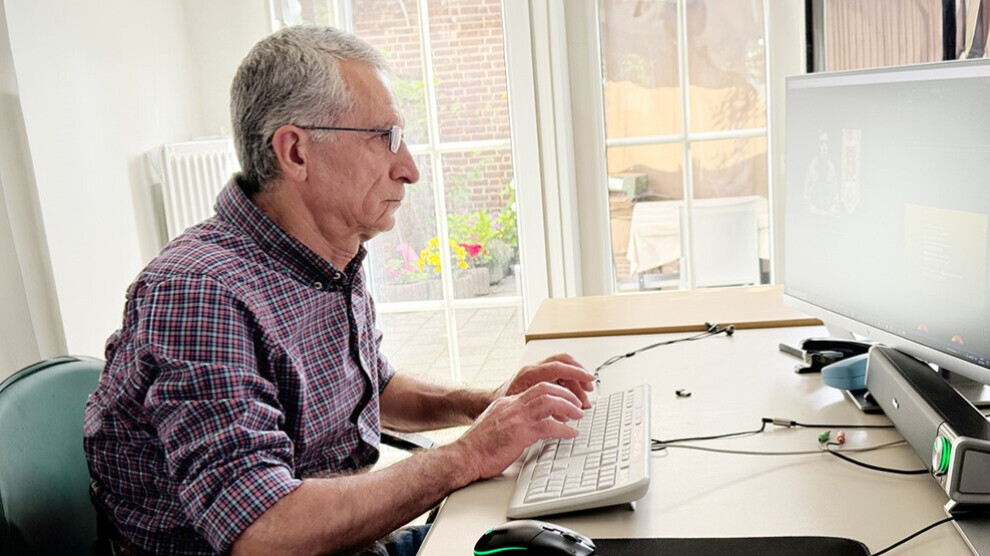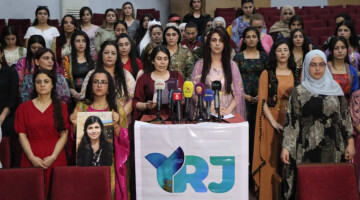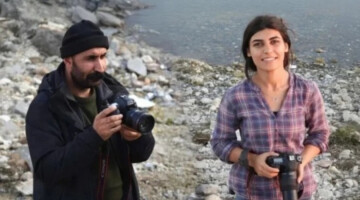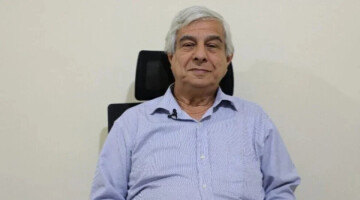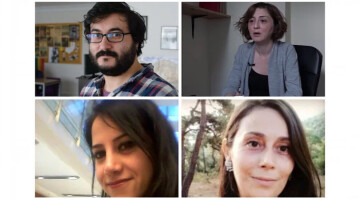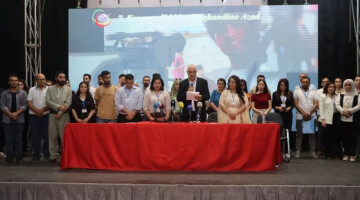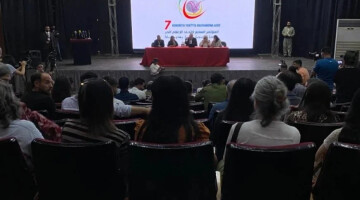Kurdish journalist Serdar Karakoç was arrested in his home in the Netherlands on 23 May at the request of Germany. On 14 June, he was provisionally released after paying bail of 5,000 euros. His passport was confiscated, he is not allowed to leave the country and must sign at the police once a week. In Germany, the 64-year-old is being investigated under §§129a/b of the German Criminal Code for alleged membership of the Kurdistan Workers' Party (PKK).
The decision on extradition to Germany is due to be made tomorrow, Wednesday 24 July. The “Freedom for Serdar Karakoç” initiative is calling for solidarity with the journalist and protest against Germany's criminalization policy. The extradition hearing will take place at 1:30 p.m. in the courthouse at Parnassusweg 280 in 1076 AV Amsterdam.
Why did Germany wait for seven years?
Serdar Karakoç is a veteran of the Free Kurdish Media. He was imprisoned in Turkey for over six years, survived a state-ordered bomb attack on the newspaper Özgür Ülke in Istanbul and has lived in exile in the Netherlands for 24 years. The German law enforcement authorities accuse him of being a member of a terrorist organization in Germany between July 2017 and May 2018.
Karakoç said about the accusation: "After seven years, Germany has issued an international arrest warrant against me. If I committed such a serious crime, why didn't they catch me red-handed in the same years? What were they waiting for? This case is obviously purely politically motivated and is being carried out in the interests of the Turkish state. Germany is behaving more despotically than the Turkish state on the Kurdish issue and is persecuting Kurdish journalists and politicians. By criminalizing Kurds, a solution to the Kurdish issue is being blocked. This process is illegal and supports Turkish foreign policy."

